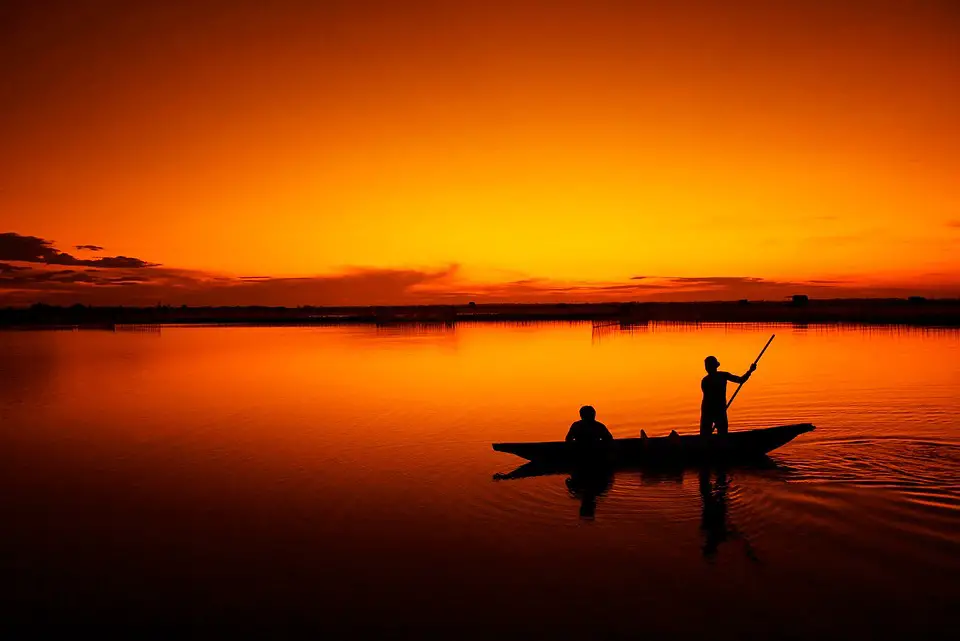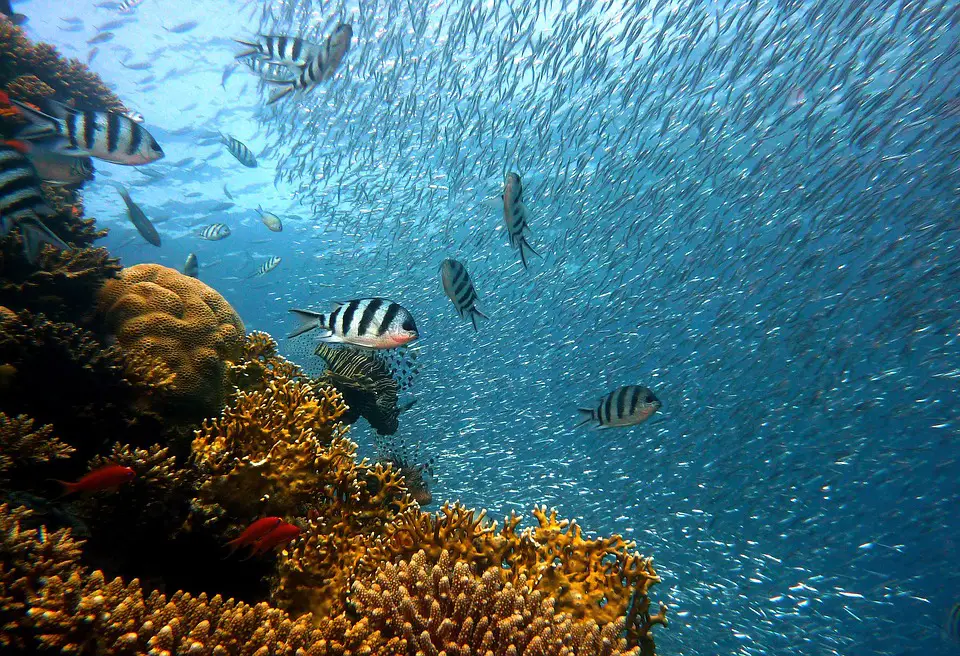Whether you’re a seasoned angler or just starting out, mastering your casting technique is crucial for a successful fishing trip. The way you cast can make or break your chances of landing that trophy catch. With the right skills and practice, you can cast like a pro and improve your chances of success on the water. In this guide, we will cover everything you need to know to perfect your casting technique and reel in more fish.
1. Choosing the Right Equipment
Before you can perfect your casting technique, you need to make sure you have the right equipment. The type of rod, reel, and line you use can have a significant impact on your casting ability. Make sure your gear is properly matched and suited for the type of fishing you will be doing.
2. Practice Makes Perfect
One of the key ways to improve your casting technique is through practice. Spend time casting in different conditions, such as windy days or calm waters, to hone your skills. Experiment with different casting techniques and see what works best for you.
3. Proper Casting Form
When casting, it’s important to maintain proper form. Keep your elbow close to your body, use your wrist to control the motion, and release the line smoothly. Practice your casting motion to ensure you are casting with accuracy and efficiency.
4. The Overhead Cast
The overhead cast is one of the most common casting techniques used in fishing. To perform an overhead cast, bring your rod back over your shoulder and then forward in a smooth motion, releasing the line as you go. Practice this cast to improve your accuracy and distance.
5. The Sidearm Cast
The sidearm cast is another popular casting technique, especially when fishing in tight spaces. To perform a sidearm cast, bring your rod to the side of your body and cast the line out in a horizontal motion. This cast is great for casting under trees or bushes.
| Casting Technique | Description |
|---|---|
| Overhead Cast | Common casting technique for distance and accuracy. |
| Sidearm Cast | Useful for casting in tight spaces or under obstacles. |
6. Adjusting for Wind
Casting in windy conditions can be challenging, but with the right adjustments, you can still make accurate casts. Cast into the wind to prevent it from affecting your line. You can also use heavier lures or sinkers to improve your casting distance in windy conditions.
7. Practice Different Casting Angles
Don’t limit yourself to just one casting angle. Experiment with casting at different angles to see how it affects your accuracy and distance. Practice casting at different heights and directions to improve your overall casting skills.
8. Using the Right Lures
The type of lure you use can also impact your casting technique. Heavier lures will require a different casting motion than lighter ones. Match your lure to your rod and reel setup to ensure you are casting effectively.
9. Efficient Retrieval
After casting, it’s important to retrieve your line efficiently. Use a smooth and consistent motion to reel in your line, keeping tension on the line to prevent tangles. Practice reeling in at different speeds to see what works best for you.
10. Stay Patient and Persistent
Mastering your casting technique takes time and practice. Don’t get discouraged if you don’t see immediate improvements. Stay patient, keep practicing, and soon you will be casting like a pro.
Key Takeaways
-
- Choosing the right equipment is crucial for mastering your casting technique.
-
- Practice different casting techniques in various conditions to improve your skills.
-
- Maintain proper form and technique to cast with accuracy and efficiency.
Conclusion
Perfecting your casting technique is essential for becoming a successful angler. By choosing the right equipment, practicing different casting techniques, and staying patient and persistent, you can improve your casting skills and increase your chances of landing more fish. With dedication and practice, you can cast like a pro and make the most of your time on the water.
FAQs About Sustainable Living
1. What is sustainable living?
Sustainable living refers to a lifestyle that aims to reduce one’s environmental impact by making choices that are eco-friendly and help preserve natural resources for future generations.
2. How can I live a more sustainable lifestyle?
There are many ways to live more sustainably, such as reducing energy consumption, minimizing waste, and supporting environmentally friendly practices.
3. Why is sustainable living important?
Sustainable living is important because it helps protect the environment, conserve resources, and create a more sustainable future for everyone.
4. What are some tips for adopting a more sustainable lifestyle?
Some tips for living more sustainably include reducing single-use plastics, conserving water, supporting local and organic products, and reducing energy consumption.
5. How can sustainable living benefit me?
Living sustainably can benefit you by reducing your carbon footprint, saving money on utilities, and promoting a healthier lifestyle.
6. Can I still enjoy my hobbies and interests while living sustainably?
Absolutely! You can still pursue your hobbies and interests while living sustainably by making eco-friendly choices and supporting sustainable practices.
7. What are some examples of sustainable practices in fishing?
Some examples of sustainable practices in fishing include catch and release, using biodegradable fishing gear, and supporting sustainable fishing practices.
8. How can I reduce my environmental impact while fishing?
You can reduce your environmental impact while fishing by practicing catch and release, properly disposing of fishing line and gear, and supporting sustainable fishing practices.
9. Are there any certifications or labels I should look for when buying fishing gear?
Look for certifications such as MSC (Marine Stewardship Council) or labels such as eco-friendly or sustainable when buying fishing gear to ensure you are supporting sustainable practices.
10. What are some resources for learning more about sustainable fishing practices?
There are many resources available online, such as websites, forums, and organizations dedicated to promoting sustainable fishing practices. Do your research and educate yourself on how you can fish in a more sustainable way.

